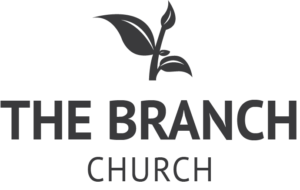Summer. There’s no better time to put your feet up and enjoy time with friends, new and old. Join us as we connect over good food and conversation at some pretty amazing places. Bring a friend. Everyone’s invited.
Every Tuesday, 6:30p: StoryTime in the Park
Join us for FREE BOOKS for all children 15 years old and younger and FREE ICE CREAM for all family members on Tuesday evenings from 7:00 p.m.-8:00 p.m. Storytime in the Park in located at 334 Burton St SE at Garfield Park. Children can also listen to captivating read alouds from 7:15-7:45 p.m.
Every Tuesday: 8p: Mountain Biking and Brass Ring
Meet in the parking lot of Brass Ring in Alger Heights at 8pm for an hour of mountain biking on local trails. Afterwards, join us for a drink at the Brass Ring.
June 15-17: Camping @ Fort Custer
Join us for a weekend of camping! We had a great time at Fort Custer last year, so we’re going back! They have mountain biking, swimming, fishing, etc. We’ll share the responsibilities of cooking breakfast and dinner. Lunch will be on your own.
June 22, 6:30p: CREATE Gallery Night!
Whether you’ve volunteered at or sent kids to CREATE or had nothing to do with it at all, come celebrate creativity at our Gallery Night! The art will be on display as well as 2 performances this year. There will also be a silent auction that benefits scholarships for next year’s CREATE. Oh, and there will be ice cream.
July 1: an Afternoon at the Beach
Join us at Painted Sky as Kevin & Mindy Freng host a BBQ at their cottage, which is conveniently located 200 yards from Buchanan Beach on Lake Michigan. We’ll have lunch together then enjoy an afternoon at the beach.
July 15: Pool Party
Nate and Liz Winkelman have kindly volunteered to host an afternoon of food and fun in the pool at their home.
August 24: End of Summer BBQ
To top off the summer fun, Jason & Mindy Law have invited us to their house for a Friday night bbq.
Check out our Facebook page to RSVP for camping or any of our summer bbq’s. For the other events, just show up! We’d love to see you.

